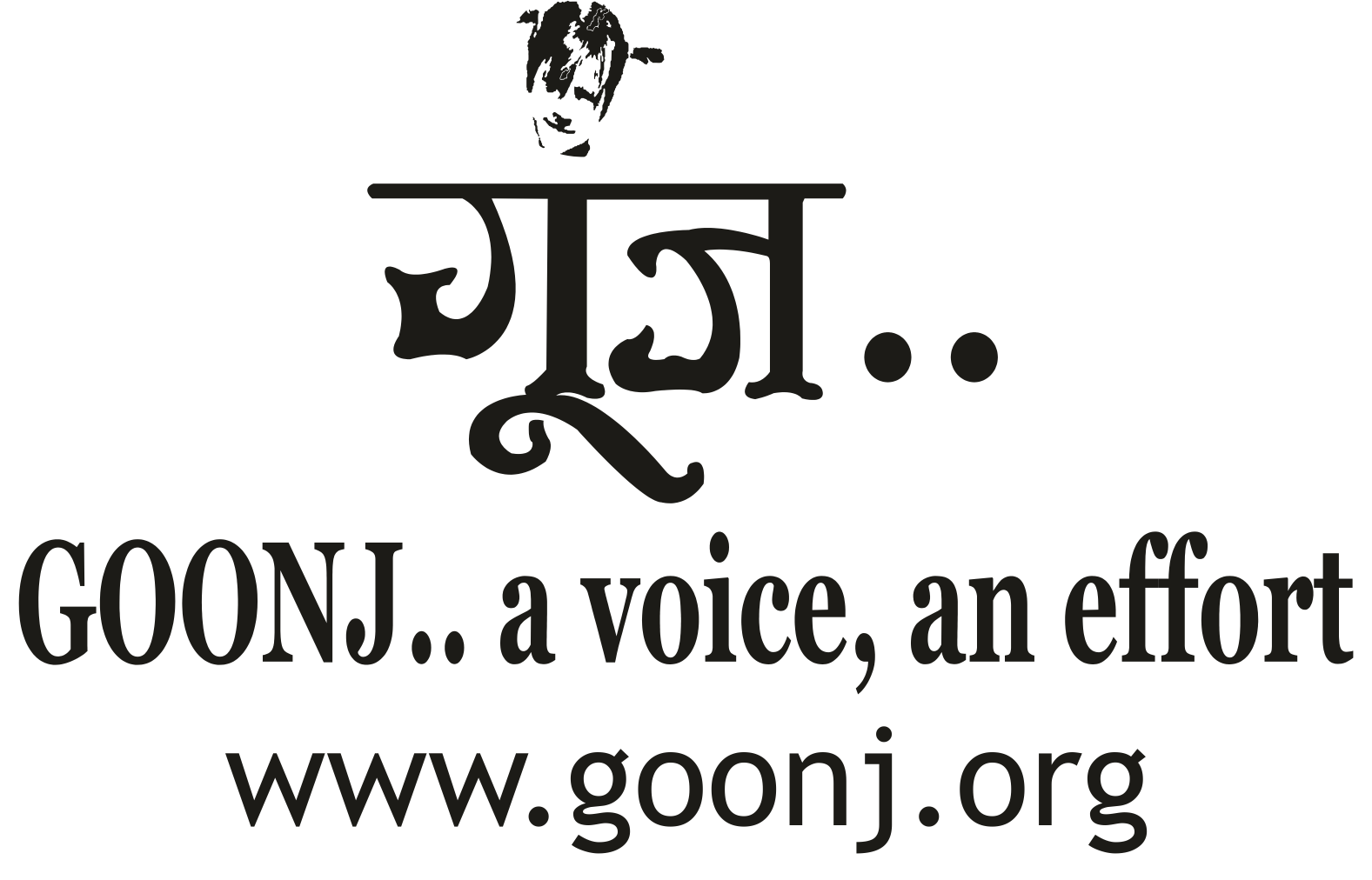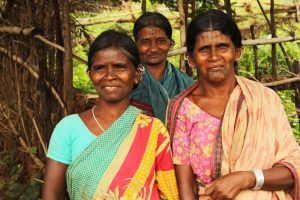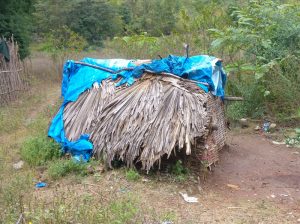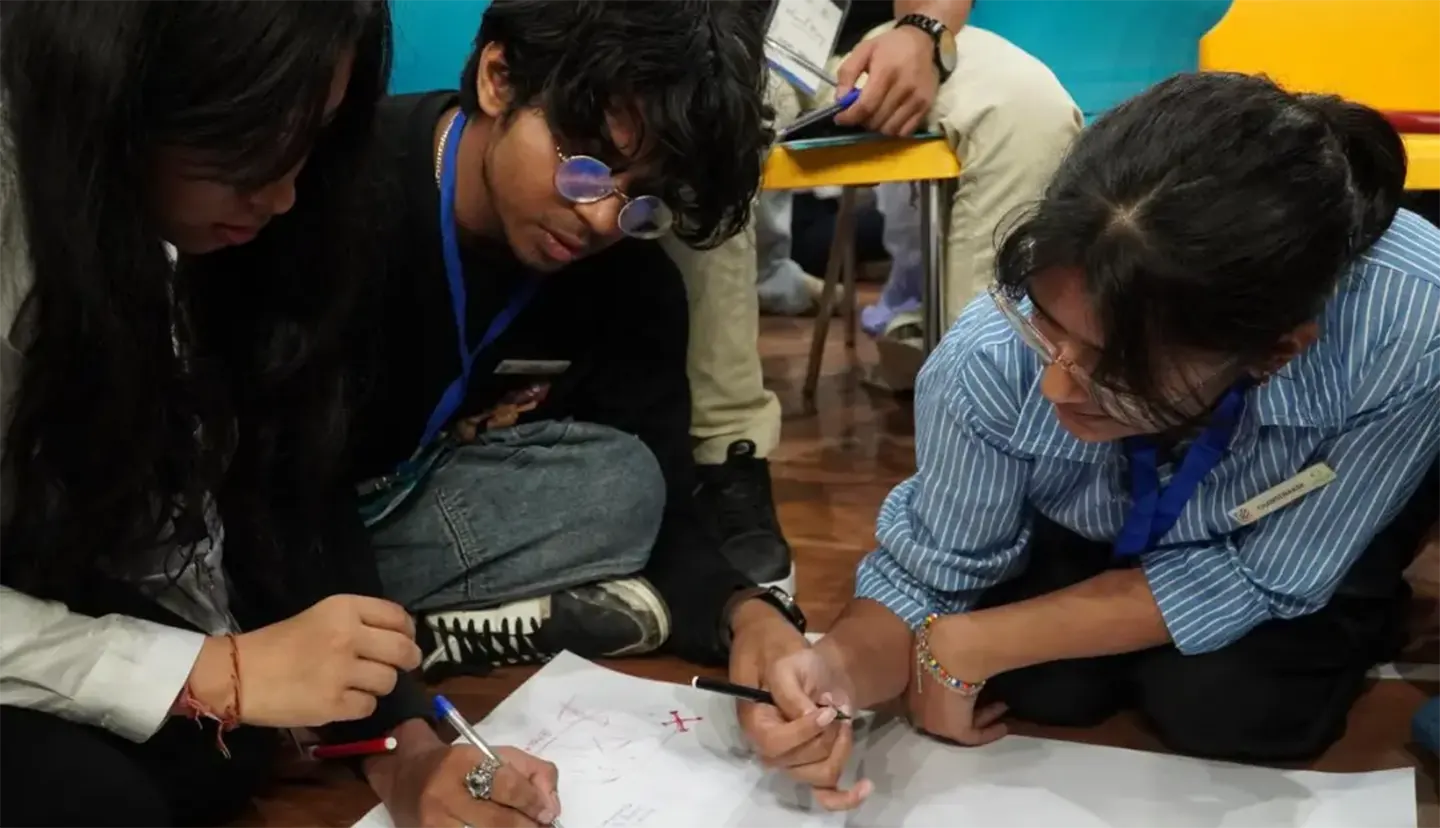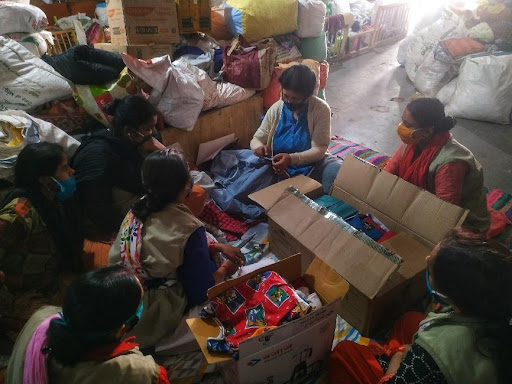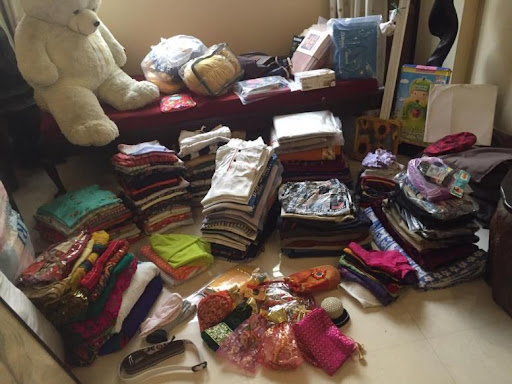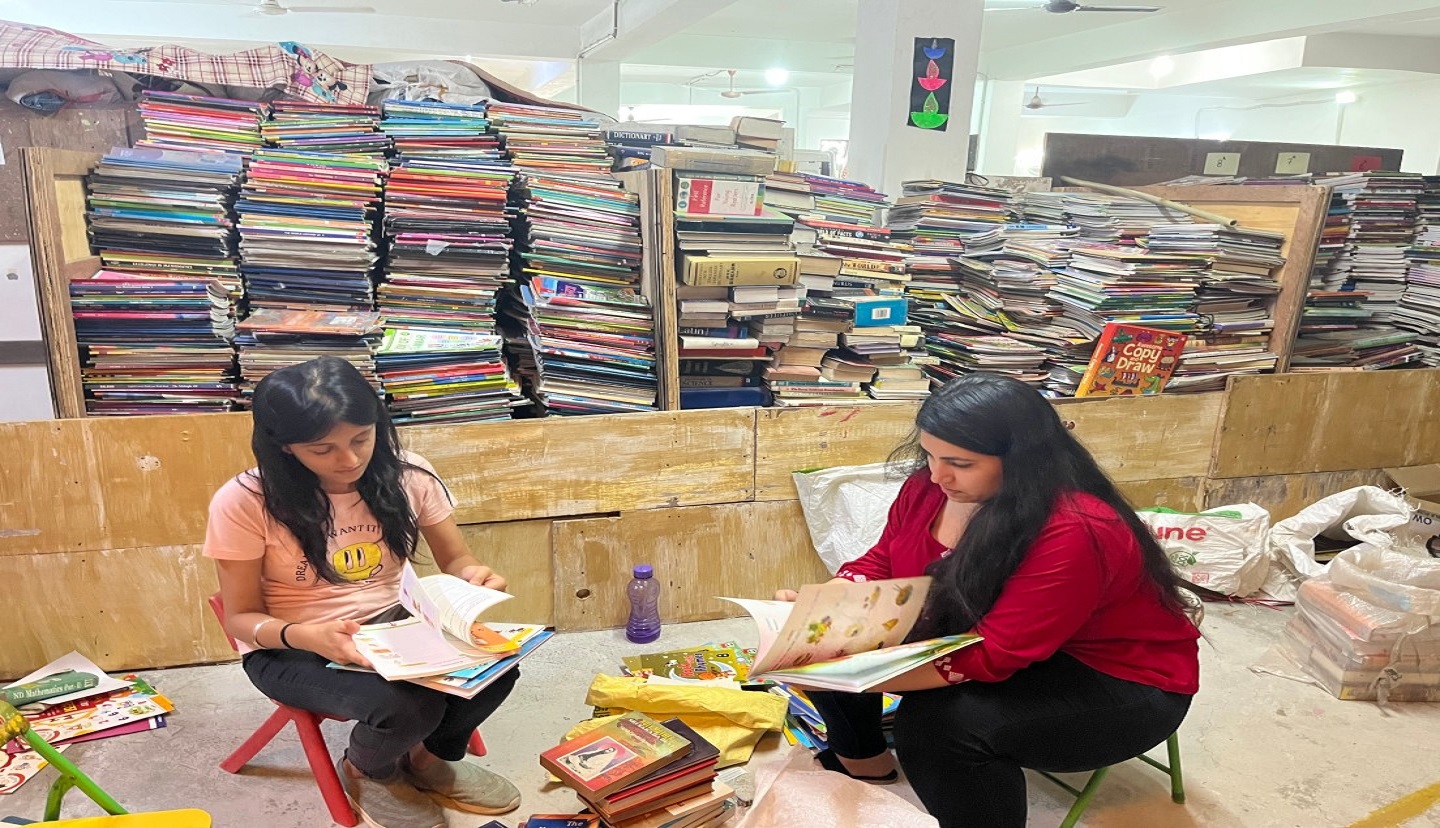Menstruation Dialogue – Missing Voices & Missed Out Issues
Women all over the world applauded when Harvey Weinstein was recently sentenced to 23 years in jail, for rape.. A big win for women who spoke up.. on something that we have now come to understand to be as much of a pandemic as the corona virus. Menstruation is one issue that needs a big ‘Me Too Movement’.. with women speaking up.. overcoming the shame and silence around their many challenges.
That is the goal of ‘Menstruation Dialogue’ started by Goonj last year– to surface and bring attention to left out Voices of women, and their left out issues around menstruation. Menstruation is as much about not having an underwear or not having private spaces as it is about a woman’s nutrition needs and most importantly about her dignity.. issues still largely left out of the narrative of menstruation in India. This Dialogue is our effort to also prioritize and bring into spotlight some of these crucial but missed out issues of menstrual challenges.
Menstruation is a Human issue that impacts half the humanity in many different ways. Consider this… Parents of girls with disabilities consider having their daughter’s uterus medically removed, to avoid sanitation problems arising when the girl would menstruate and to avoid a possible pregnancy if the girl was sexually abused. After a disaster, managing their menstruation, in the absence of pads, private spaces, health facilities etc. turns it into a second disaster for women. On the other hand tribal women face the brunt of lack of nutrition, education, early child bearing and reproductive health complications throughout their life. Migrant and landless laborer Women working in fields or construction sites face many difficulties living in cramped, unhygienic surroundings, using unclean, poorly lit, shared toilets or open defecation.. Work on menstruation, to be comprehensive and inclusive, must be informed by the voices of women from different parts of our society..
That’s why Menstruation Dialogue is for you, if you are an organization or individual with a stake in the well being of women in this country. This is an opportunity, not only to better understand their menstrual challenges but also to work collaboratively to make this basic biological process, into a better experience for women.
Some Voices and Facts..
– Women of Koi tribe shared Goonj local team (Kandhamal, Odisha)
Women with mental & physical disability
“A relative of mine was mentally challenged, and her mother had to take care of all her needs till the time she expired at the age of 40. I am worried about my own daughter, in case I am not there for her till the end”
– Mother of a differently-abled Girl shared with Goonj Local team (Thane, Maharashtra).
Contractual Labor- Migrant Laborer Women
“When we go out for work sometimes the whole day goes by and we are not able to change. We have to remain like that; there is no other way… Only at night when we come home, do we take a bath”.
– A daily wager woman shared Goonj Local team (Lalitpur, Uttar Pradesh).
“My mother-in-law doesn’t let me step out of the house when I’m menstruating. But I still secretly go out because I’m a domestic helper and I can’t take leave for 5 days every month and do nothing sitting at home.”- Shruti told Team Goonj, Hyderabad.
During a visit to Rabna Chharrapatti village (Saharsa, Bihar) Our local team noticed women looking for secluded sites next to canals or roadsides, to defecate; perennially anxious about any passing vehicle or people. They would stand up every time headlights of passing vehicles flashed at them. Source Goonj
Lack of Undergarment..
I borrowed an undergarment from my daughter in the relief camp, since I got my periods unexpectedly, a woman from Bhatapda village, in Odisha’s Puri district where extremely severe Cyclone Fani made landfall on May 3, 2019 said. When asked how she manages her menstruation during the normal days she says, “I only have one undergarment if I need more I usually borrow one from my daughter. In fact, we all borrow”, she said, in reference to the other women of the village..”During Fani I was not even prepared for the basics, I should have been, but we don’t have enough resources for that kind of preparedness”. Source Goonj
